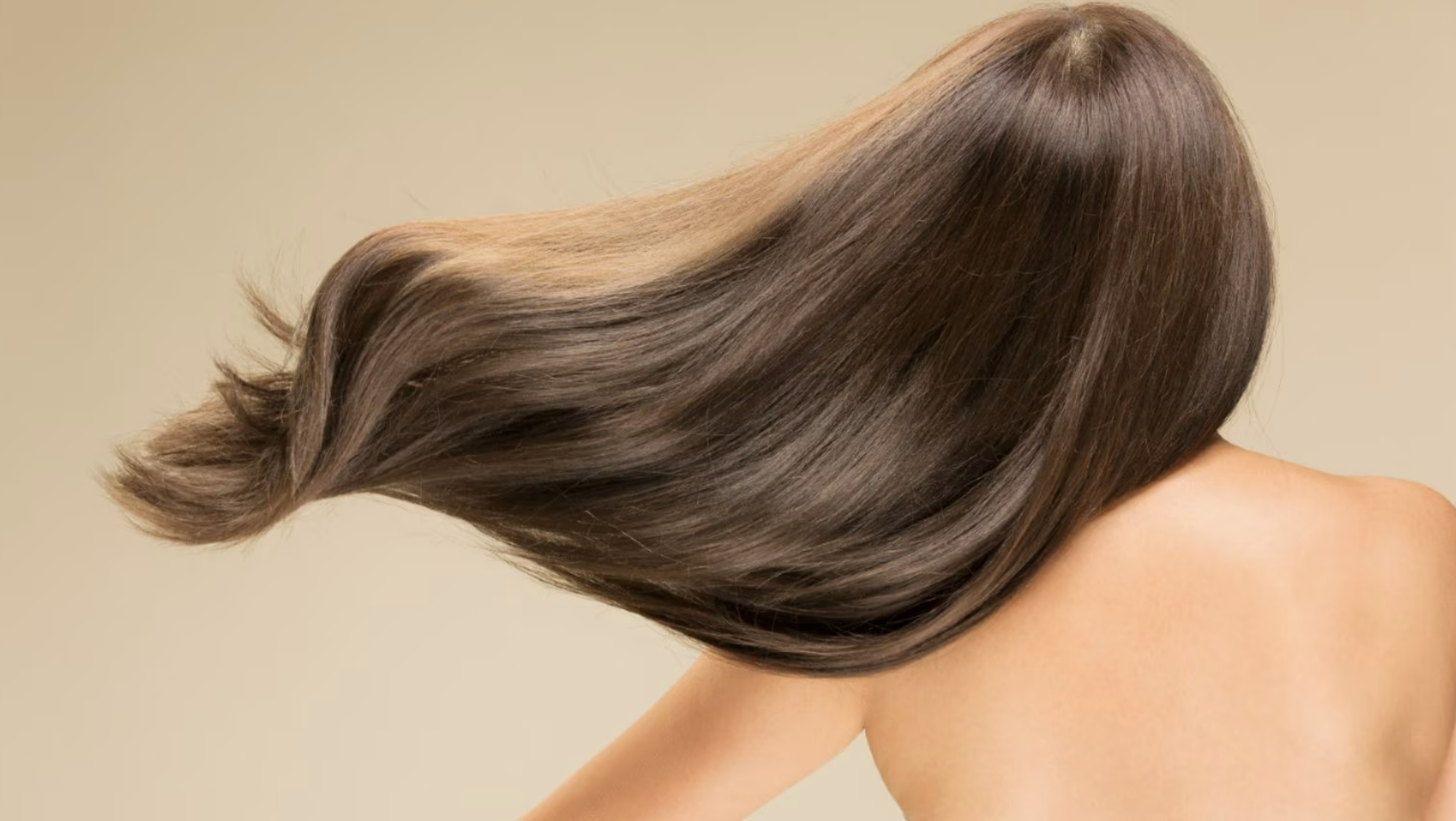If you want to speed up your hair growth, you are probably curious to know which are the best products, foods and supplements you can use for this purpose. Hair health can be a touchy subject for many, and sometimes presents a frustrating battle involving significant expense in the search for products that really work. However, there is hope. There is a wide variety of supplements and nutritional products that can help restore the health and beautiful appearance of your hair.
Nutrients that support hair growth
Although you cannot increase the number of hair follicles you have at birth, your diet can promote hair density and growth. Several nutrients can support hair health, including:
- Biotin
- Protein
- Vitamin C
These nutrients are found in a variety of foods and can be easily incorporated into your daily nutritious diet. Along with getting these important nutrients, consuming enough calories is essential for hair health. A restrictive diet can drastically reduce the nutrients you consume, leading to hair loss or stunted hair growth.
Top supplements for hair growth
You may have noticed that vitamins and supplements for hair are also good for nails and skin. This is because all three tissues use similar nutrients for repair and growth. Vitamins for hair, skin and nails often contain vitamins A, C and E, fatty acids and antioxidants such as selenium. You can take each of these nutrients as separate supplements, but combination products offer convenience and are in specially formulated ratios to maintain a beautiful appearance.
- Protein
Protein is an essential nutrient that plays a very important role in the body. It helps maintain fluid balance, regulates immune system defenses and maintains tissue elasticity. Protein is also important for hair health and growth.
Supplements can be a great way to increase your daily protein intake. Protein powders offer quality plant or animal protein and are rich in essential amino acids. Try adding protein powder to smoothies, oatmeal, baking recipes, or simply mix it with water.
- Collagen
Nutritional supplements with collagen also promote hair growth and health. Collagen is a protein that your body produces naturally. It is the most abundant protein in the human body and is found in connective tissue, skin and bone.
As we age, collagen production in the body slows down. This affects the integrity and appearance of connective tissue. Since hair is a connective tissue, adding extra amounts of collagen to the daily menu can help maintain hair health.
You can take collagen powder or capsules. Since vitamin C is a precursor to collagen production in the body, many collagen supplements also contain vitamin C. These combination supplements not only provide more collagen, but can also help your body synthesize greater amounts of collagen on its own.
- Omega-3
Omega-3 fatty acids are another important nutrient for hair health. This nutrient is essential because the body cannot produce it on its own and must get it through foods and supplements. Fatty acids have anti-inflammatory benefits and play a key role in maintaining heart and joint health. Research shows that they can also promote hair health.
Both plant and animal foods contain this nutrient, but many people do not consume large enough amounts of them in their daily menu. Omega-3s in capsule form are the most common supplements, but you can add liquid forms to fruit and vegetable smoothies.
Foods that promote hair growth
A healthy and well-balanced nutritional diet is essential for maintaining hair health. Certain foods are particularly rich in nutrients that support hair growth. Let’s take a look at which ones are more important.
Oily fish
Salmon, herring and mackerel are some of the richest sources of essential omega-3 fats and proteins. Although supplements provide more concentrated amounts of these nutrients, getting them through food sources is recommended because it provides better absorption by the body. You can add fish products to salads and sandwiches, or simply eat fish once or twice a week.
Nuts and seeds
All nuts and seeds provide plant protein along with healthy fats and fibre. Walnuts, chia, flaxseed and hemp are all extremely high in essential omega-3 fatty acids. Nuts and seeds are also rich in biotin and a wide variety of other vitamins and minerals. These not only support hair health, but also contribute to the overall health of the body.
Try adding nuts and seeds to oatmeal and smoothies. Nut and seed butters are another easy and versatile option for incorporating more nutrients into simple meals and quick snacks.
Meat
Meat is one of the best sources of highly bioavailable protein, a nutrient that supports hair growth. In addition to protein, red meat is an excellent source of iron, which is essential for delivering oxygen throughout the body, including to hair follicles. Beef requires no prior preparation, making it a quick and easy way to increase protein in your diet.
Beans
Beans and lentils are high in zinc, a nutrient more commonly associated with animal foods. People who follow a plant-based diet are at a higher risk of zinc deficiency. Beans are also a source of plant iron and biotin, which support hair growth.
Legumes are incredibly versatile and can easily be incorporated into a variety of dishes. They can be eaten hot or cold and used as a protein source in salads or to increase fiber in soups. Soybeans are an excellent source of plant protein and biotin and can be eaten steamed or dried for a protein-rich snack.
Fast hair growth habits
Foods and supplements help maintain normal hair growth, but reducing the bad habits that damage it is essential for its beautiful appearance. Follow these recommendations to promote the health and growth of your hair:
- Use less heat styling appliances – hair straighteners, blow dryers, etc.
- Dye your hair less often
- Avoid over-combing
- Don’t rub your hair with a towel to dry it
- Cut your hair more often
References:
- Le Floc’h C, Cheniti A, Connétable S, Piccardi N, Vincenzi C, Tosti A. Effect of a nutritional supplement on hair loss in women. J Cosmet Dermatol. 2015;14(1):76-82.
- Zinc – Health Professional Fact Sheet. Accessed September 4, 2023.


